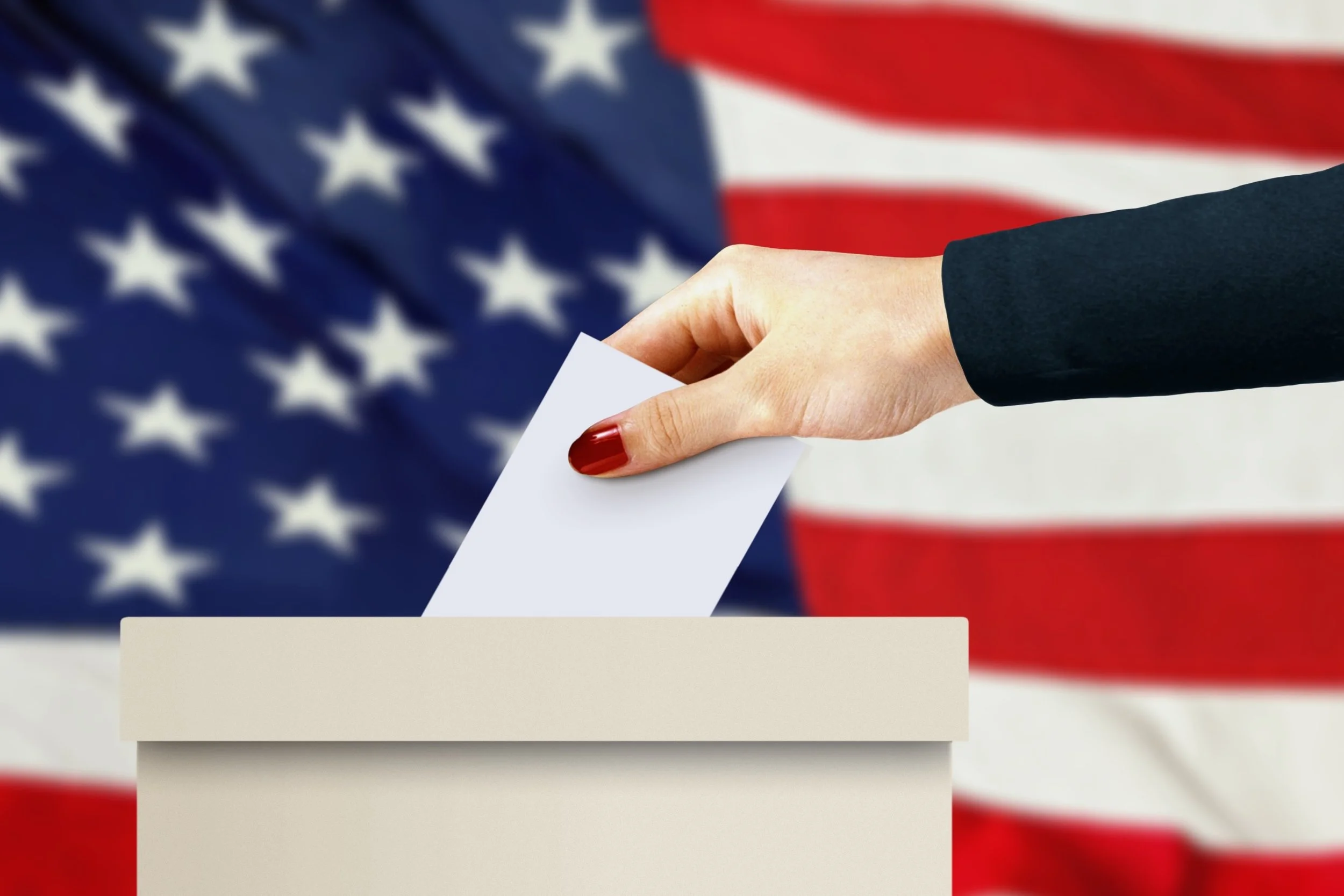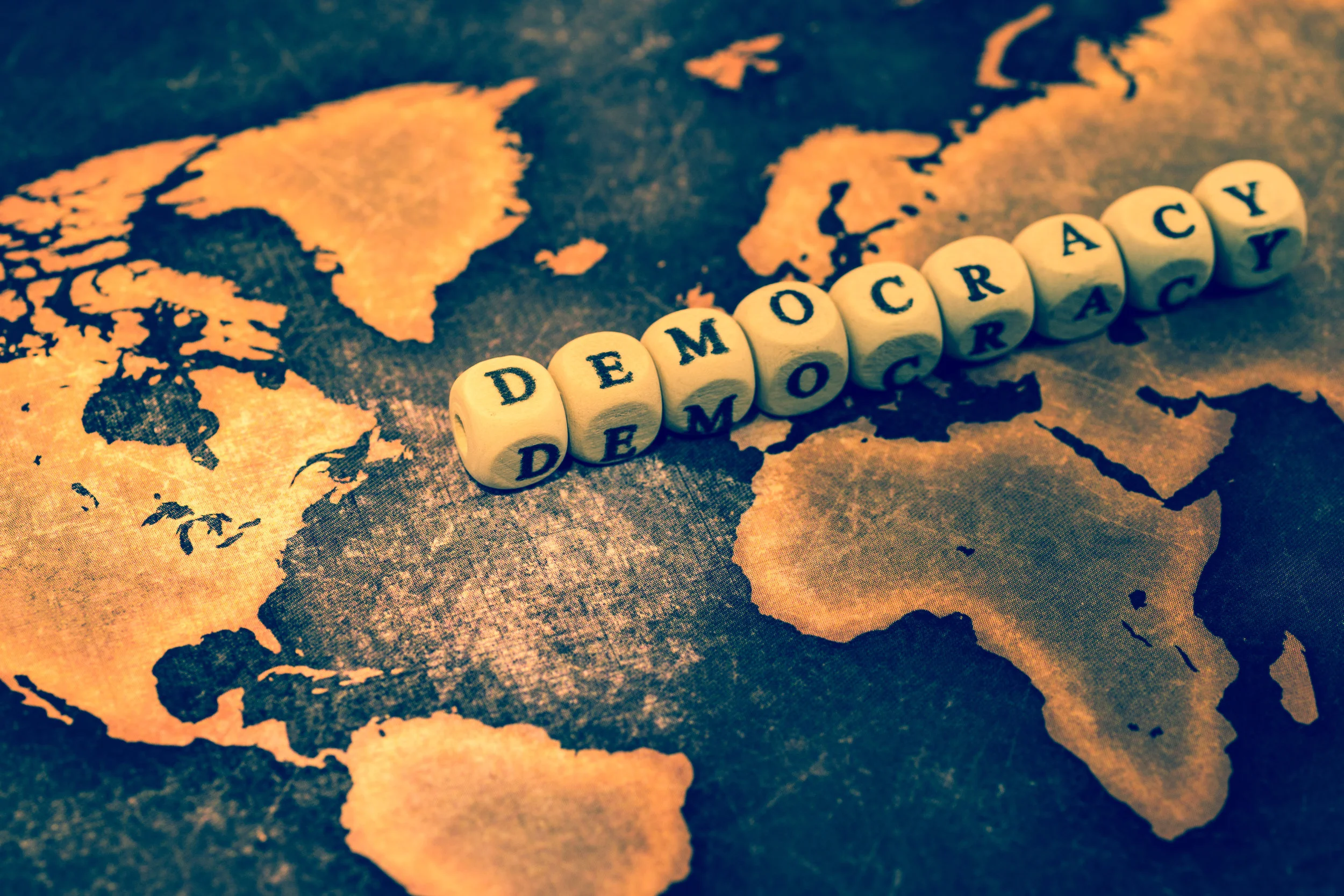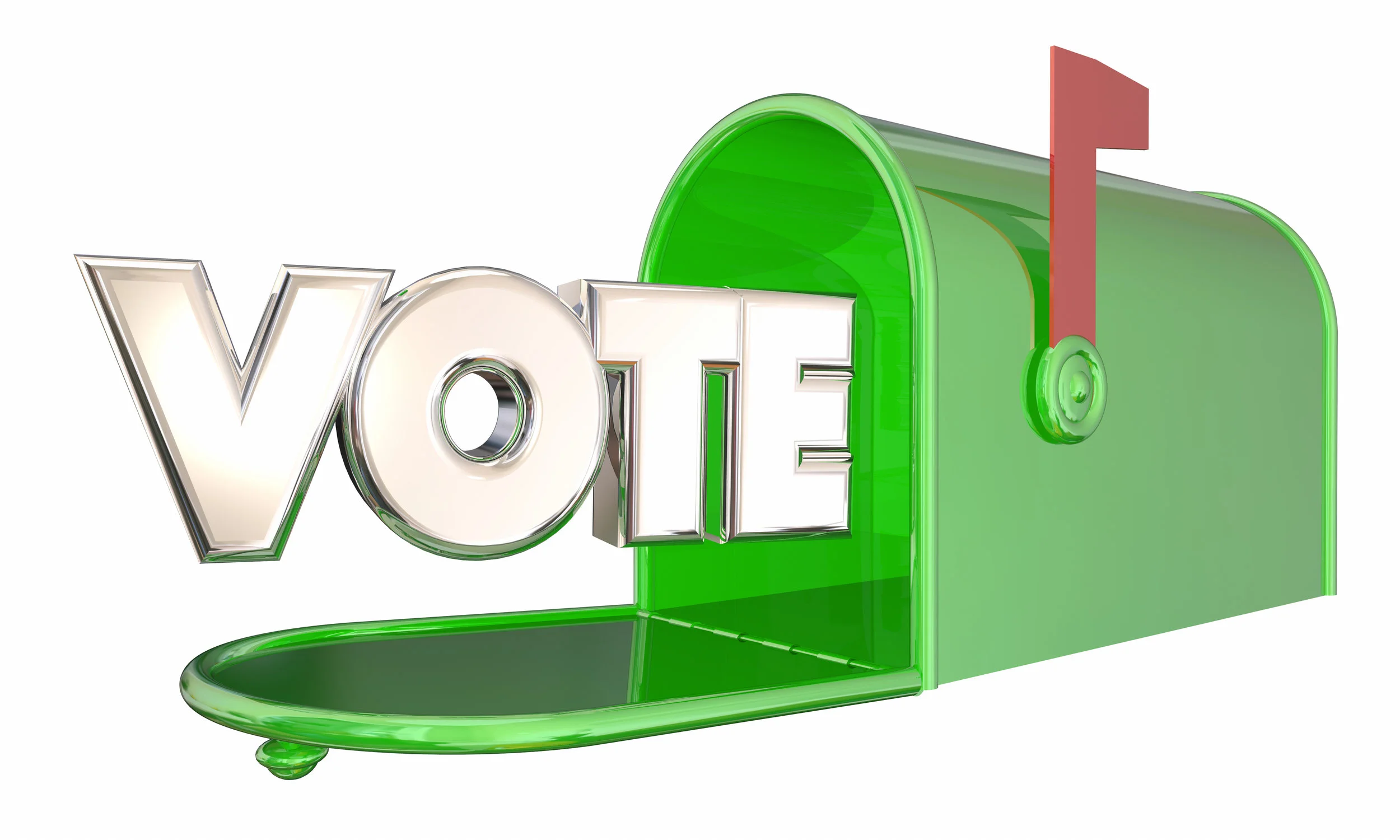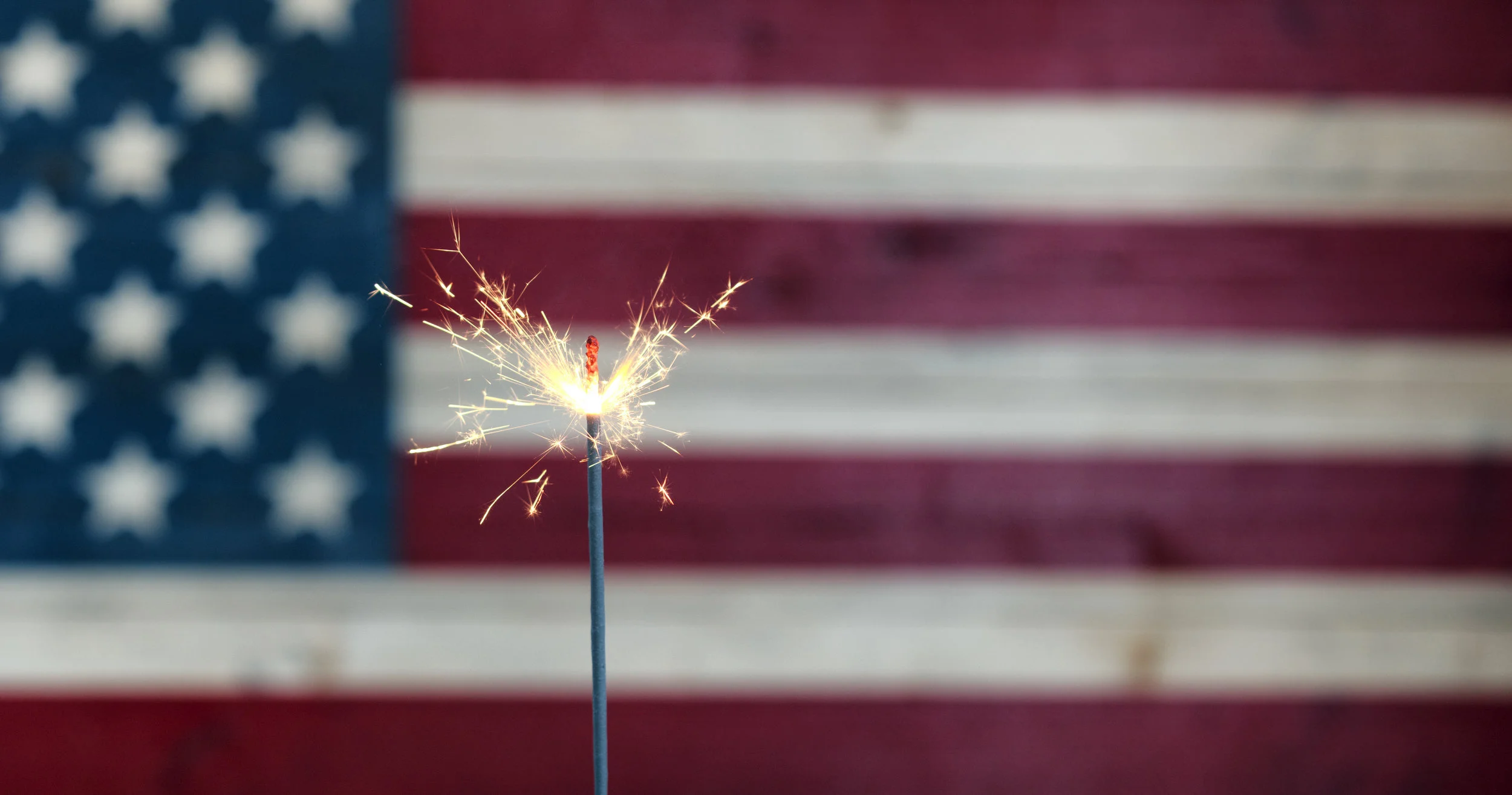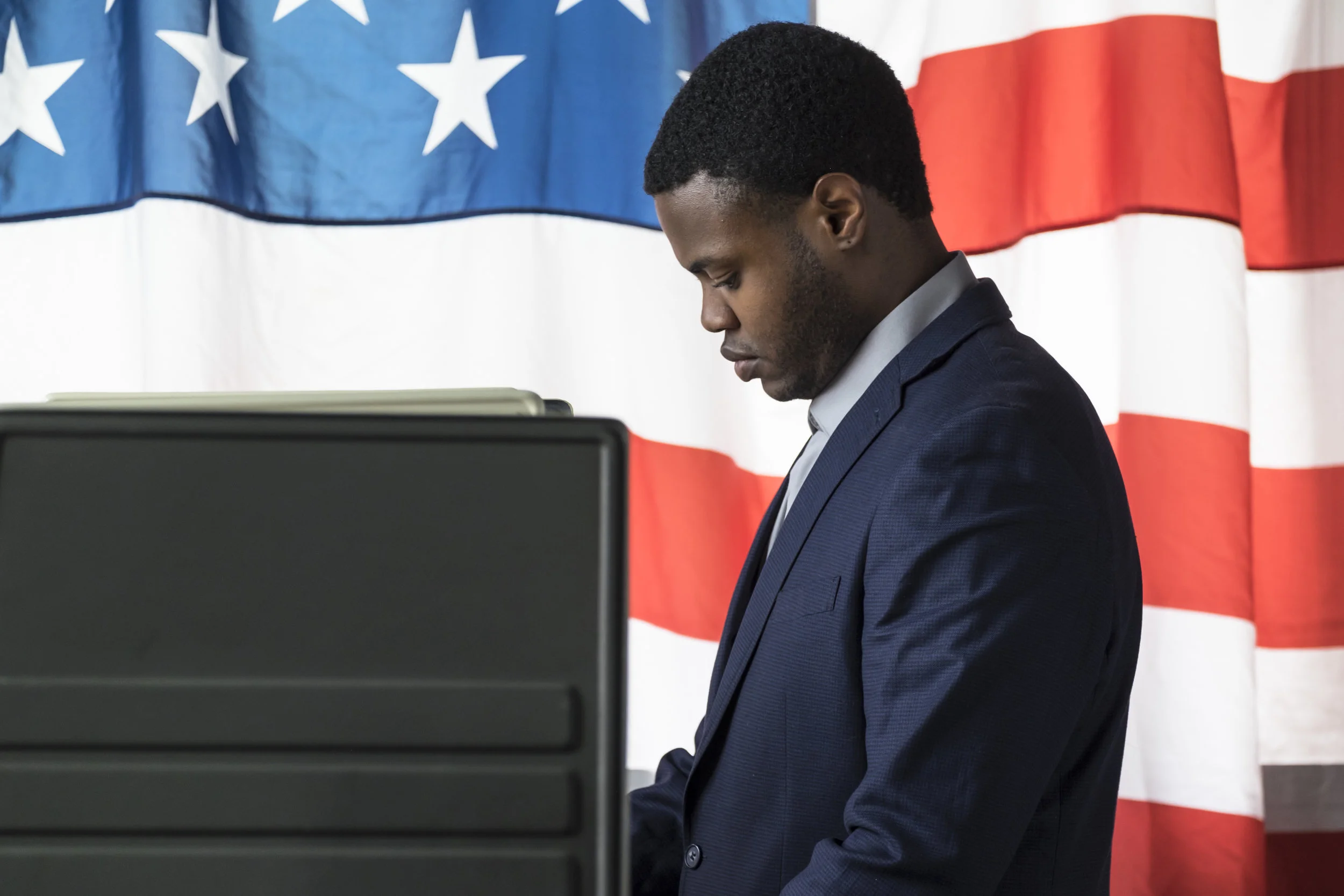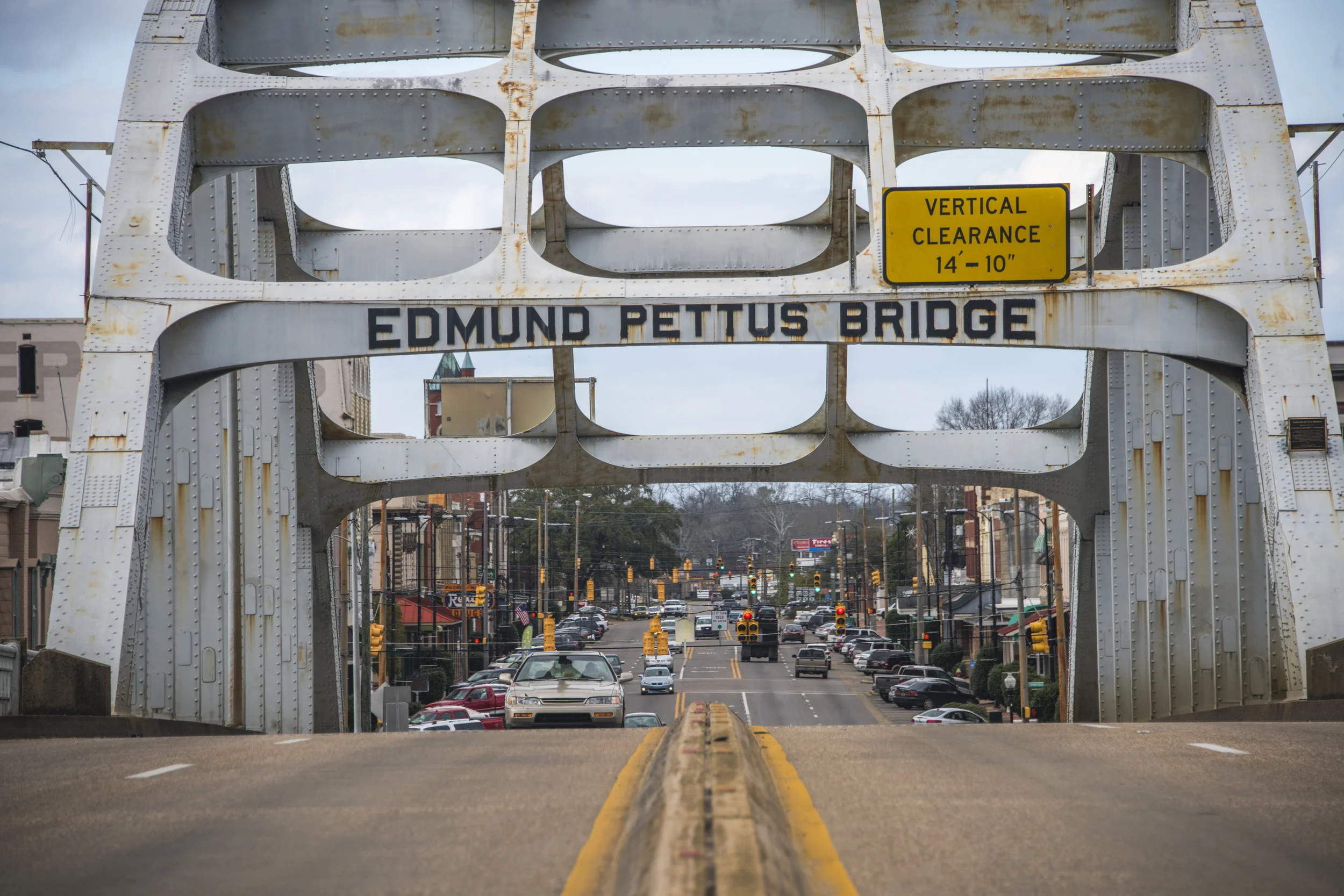Consider these findings by the U.S. Elections Project and NonProfitVOTE:
“In 2016, four battleground states alone – Florida, North Carolina, Ohio and Pennsylvania – were the target of the majority of campaign ad spending (71%) and candidate appearances (57%). Together the 14 battleground states absorbed 99% of ad spending and 95% of candidate visits for campaign purposes.”
This is absurd and inexcusable.
All states’ voices and all citizens’ votes should matter when we elect the president.
But the voices of millions of voters will remain off the radar until we change the rules of our elections. The current rules dissuade candidates who want to win from conducting truly national campaigns that target every state. Instead, as these numbers show, they target only a handful. Why is that?
Contenders for President cannot win under the current electoral system unless they push all their resources into the handful of states that are “up-for-grabs”; they cannot simply afford to campaign in states where their victory is already guaranteed because a simple majority wins all a states’ electoral votes (Maine and Nebraska are the only exceptions). Our presidential contests are bizarrely unbalanced in that way. A small minority of states have a monopoly on the real decision-making power over who becomes President! The stakes are so high in these key states that most states, and the millions of voters who do not live in a swing-state, take a backseat.
One way to make all votes matter would be to use one of many presidential selection systems that would require candidates to win the popular vote to become President. We can still work within the current Electoral College framework— the states could pass laws to pledge Electors to the candidate who wins the most votes nationwide. There is nothing in the Constitution or any other federal laws which contradict this course of change.
It is time now to change the system so that every vote will count.

